ISLAM AND DEMOCRACY
 Interview with Valentina Colombo, professor of History of Contemporary Islam at the European University of Rome and Senior Fellow at the European Foundation for Democracy in Brussels
Interview with Valentina Colombo, professor of History of Contemporary Islam at the European University of Rome and Senior Fellow at the European Foundation for Democracy in Brussels
The Jasmine Revolution, which originated from the desire for freedom and justice of the Arab masses and which has swept over the Arab countries of North Africa and the Middle East since last winter, raised great expectations of democracy in this area. Unfortunately, as time goes by, doubts and fears are beginning to arise as to the use made of the freedom achieved: will these populations, mostly Muslims, use their freedom to establish democratic states, or will freedom and democratic rules become a pretext for building a theocratic state ruled by sharia law? What will happen to religious minorities in such states, if sharia law guarantees full rights to Muslims alone? This political upheaval in the Arab world reproposes the great question which Benedict XVI raised in his Regensburg speech: the relationship between Islam and violence, Islam and terrorism.
I caught up with Valentina Colombo, professor of History of Contemporary Islam at the European University of Rome and Senior Fellow at the European Foundation for Democracy in Brussels, to discuss these issues, which are of such great relevance to Europe.
Early this year, a wind of freedom began to blow in Mediterranean Arab countries, which swept away some non-confessional authoritarian regimes. There was talk of an “Arab spring” and hope of a democratic transition in the states involved in these changes. Today we can say that the Arab spring didn’t start a transition to democracy, but to Islamization. How did Islamic forces take the lead of a revolution aiming at real freedom?

A Muslim girl chants slogans and holds up a Koran and a cross during a rally to demonstrate unity between Muslims and Christians in Tahrir Square in Cairo, Egypt, March 11, 2012 (CNS photo)
Professor Valentina Colombo: It all started in Tunisia in January 2011, when Muhammad Bouazizi set himself on fire in the town of Sidi Bouzid in protest against the desperate economic condition of his country and the loss of his job. The demand for justice, freedom and work was the driving force animating the riots that followed his death. In the capital city, boys and girls took to the streets in search of a better life and a better future. From then on, before President Ben Ali stepped down, theologian Yusuf Qaradawi, spiritual leader of the global Muslim Brotherhood, sheik of satellite TV station Al Jazeera and president of the Dublin-based European Council for Fatwa and Research, began to preach that true jihad (holy war) was the one fought in Tunisia against the unbelieving dictator, justifying protest in religious terms, in keeping with the ideology of the Muslim Brothers. When revolution reached Tahrir Square, Cairo, it was almost totally under control of the movement founded by Hasan al-Banna. In Egypt, the Muslim Brotherhood, even under Mubarak’s regime, was both illegal and tolerated, and during the Lotus Revolution they had total control of the protests. Nevertheless, the catchword that prevailed in Egypt was “civil, civil,” a phrase indicating the demand for a democratic non-confessional state.
Unfortunately, the joy and enthusiasm about the flights of Ben Ali from Tunisia and Mubarak from Egypt died out with the results of the first elections in both countries. In Tunisia, the Al Nahda Movement, linked to the Muslim Brotherhood and led by Rached al-Ghannouchi, obtained 37.4% of the vote for a total of 89 seats out of 217; in Egypt, the Freedom and Justice Party, the Muslim Brotherhood’s political expression, won 37.5% of the seats, and the al Nour Party, the expression of the Salafis, i.e. the Islamic ultra-conservatives, obtained about 27.8%. In other words, political Islam seized power through democratic elections.
These results led to the drawing up of new constitutions based on the “eternal principles of Islam” in Tunisia and sharia law in Egypt.
Apart from the constitutional aspect, little has changed in terms of democracy. In Tunisia, for example, state censorship has given way to religious censorship, which has led to political opponents being defined as “enemies of God.” Again in Tunisia, women’s rights, guaranteed by the 1956 Code of Personal Status, are threatened by the Islamic government with its reference point the Koran, which values women at half the value of men. For these and other reasons, the Arab spring is turning into winter for the Tunisian and Egyptian people, unfortunately with the consent of the Western world.
Could you tell us about the implications of the rise to power of the Muslim Brotherhood and the “Islamic Pharaoh,” President Morsi in Egypt, the most populous of the countries involved in the Arab spring?
Colombo: The rise to power of the Muslim Brotherhood, taken for granted from the start, is turning Egypt into the most islamified country of the Mediterranean. The Muslim Brothers, often referred to as “moderate extremists,” conquered power with intelligence, convincing the Western world of their respect for democracy. During the parliamentary election campaign, for example, they removed any reference to Islam or the Koran from their symbol, replacing it with the words freedom and justice, which are easily understood and produce an immediate impact. Unfortunately, freedom and justice are to be understood only with reference to Islam: freedom does not entail, for instance, religious freedom or the possibility for a Muslim woman to marry a non-Muslim man, and justice is referred to as Islamic justice. Also, the symbol of the Muslim Brotherhood features the Koran with two crossed swords and the phrase “make ready,” which occurs at the beginning of the very eloquent line 60 of the “Spoils of War” sura: “Make ready your strength against them to the utmost of your power, including steeds of war, to strike terror into the hearts of the enemies of Allah and your enemies and others besides, whom you may not know, but whom Allah doth know. Whatever you shall spend in the cause of Allah, shall be repaid unto you and you shall not be treated unjustly.”
The proclamation of the Muslim Brothers’ candidate, Mohammed Morsi, as the first president of the post-Mubarak era, confirms the “Islamist spring,” but first and foremost it confirms the collusion of Western governments with the Muslim Brotherhood.
“We will maintain international charters and conventions and the commitments and agreements Egypt has signed with the world,” said Morsi in his message to the nation. (In all likelihood this should include the Camp David accords.) After that he declared that “it is necessary to normalize relations with Iran; these must be strengthened so that equilibrium may be achieved in the area” because “the normalization of Iranian-Egyptian relationships is the interest of the people of both countries; I am sure that the consolidation of our political and economic relationships with Iran will result in a more stable equilibrium in the area.” (An equilibrium intended to check and counter Israel.)
In his reassuring message to the nation, Morsi confirmed his intention to establish “a modern constitutional democracy.” Unfortunately, this contradicts what he declared in the election campaign. In the presence of students at the university of Cairo, Morsi repeated the motto of the Muslim Brotherhood: “The Koran is our constitution, the prophet our guide, jihad our life, and death in the name of God our aim.” He also said: “Nowadays we can introduce the sharia because the nation will achieve welfare only through Islam and the sharia. The Muslim Brothers, along with the Freedom and Justice Party, will obtain these results.”

President-elect Mohammed Morsi, center, meets with Christian leaders from different denominations at the presidential palace in Cairo, June 27, 2011 (CNS photo)
We can only ask ourselves which of these is the true Morsi: the candidate or the president. A look at the party’s platform, called Renaissance Project (Mashru’ al-Nahdha), is clear enough for us to understand. Page 3 illustrates the values and vision underlying the project: “Such values are derived from the faithful application of the foundations and principles of Islam.” Every point of the project is introduced by a verse from the Koran confirming and justifying its content. The supposed moderation of Morsi and the Muslim Brotherhood is moderation in the application of the sharia and in the achievement of their ultimate objective, i.e., the creation of an Islamic state, as their mentor Yusuf Qaradawi has often repeated.
Editorialist Tarek al-Hamid was right when, commenting on Morsi’s election, he exclaimed: “Fasten your seatbelts!” Unfortunately, it will not be a temporary turbulence, because the Muslim Brothers, once they have conquered, will not relinquish it easily. And the Western world will realize this too late.
Professor Colombo, why are there no really democratic Islamic states in the world nowadays? What is Islam’s idea of democracy?
Colombo: In this case too we are confronted with a linguistic problem. Actually, Anglo-Pakistani writer Hanif Kureishi is right when he states that “Islam is incompatible with democracy.” This is what he said in an interview about what happened in his country of origin: “Pakistan was created as a democratic state for Muslims, but Islamists are unable to be democratic, since they place religion before everything. Islam and democracy are incompatible.”

Lahore, Pakistan, November 21, 2012: Protesters hold up placards demanding the release of Asia Bibi, a Christian woman who has been sentenced to death for blasphemy (CNS photos)
Facts prove him right. If we consider states referring to themselves as “Islamic Republics” like Pakistan, Iran, the Comoros Islands, Mauritania and Afghanistan, along with Saudi Arabia, which has adopted the Koran as its constitution, none of them is democratic. But in more general terms, none of the 56 member states of the Organization for Islamic Cooperation fully complies with the principles of substantive democracy as theorized and applied in Western countries. In most of these countries, democracy is regarded as a formal rite reduced to elections aimed at legitimating the perpetuation of dictatorial regimes, in any case violating basic individual rights which are the foundation of substantive democracy.
Modern and contemporary history have shown that Muslim countries came close to democracy only when they drew in some way on the Western model of society with the actual separation of the religious from the secular sphere. The main problem, in fact, lies in the claim of Islamic fundamentalism to define every moment of people’s daily life in religious terms. Underlying this claim is a religion which, lacking a unique spiritual reference, has played on the subjective interpretation of the sacred text from the start, producing a religion which is plural but not pluralistic, just because there has never been a democracy resulting in respect for a multitude of communities, sects, movements and parties which often claim to be the depositaries of true Islam. Even practicing Muslims, mostly linked to the Muslim Brotherhood, who benefit from democracy in the West, including Western converts to Islam, think of democracy as an instrument for having their power take root, with the explicit or implicit intention of replacing democracy as soon as possible with the shura, a consultative body whose members can only define the conditions for the implementation of the sharia, the law of Islam. Man, in fact, is not allowed to put his law before divine law. Faith and reason are regarded by radical Islamists as incompatible. Although there is no universally acknowledged version of the sharia, all Islamic fundamentalists and extremists agree on the refusal, explicit or implicit, of substantive democracy.
It is impossible to discuss the future of Islamic states without referring to the sharia. Islam is a totalitarian religion, as it thinks of itself not only as a religion, but also as the foundation of society and the state. So the law of Islam concerns not only religion, but also the state and the whole of society. Is this law compatible with democracy?
Colombo: Let us consider, for instance, the Egyptian constitution and the controversial Article 2, which has remained unchanged in the constitution that has been passed. This article sanctions Islam as the state religion and the sharia as the main foundation of law.
Now, under this article, as early as the Mubarak era, no identification document could be issued to anybody who did not profess any of the three monotheistic religions. The registration of religious membership on identity cards, a discrimination in itself, prevented members of the Egyptian Baha’i community from obtaining a document essential for employment and the stipulation of contracts.
Sharia and religious freedom are incompatible. Whenever sharia is applied, religious minorities, Christians first of all, are persecuted; witness the situation of the Copts in Egypt. The declaration by a party or government that the law of Islam will be the foundation of the state should put us on the alert. It is no use launching appeals or passing motions and resolutions to condemn the persecution of Christians after everything has been done for Islamists to seize power; this should be avoided whenever possible. We should listen to the appeal launched by Tunisian intellectual Lafif Lakhdar: “We must abolish sharia, Islamic law, i.e., corporal punishments like the stoning of women for adultery and the killing of apostates. These things must be abolished in all Muslim countries to achieve sexual equality and equality between Muslims and non-Muslims, because inequality between man and woman, Muslims and non-Muslims, is to Islam an eternal and unquestionable truth.”
Sharia introduces three basic forms of inequality: between Muslims and non-Muslims, between man and woman, and between free man and slave. How does the first of these inequalities affect the life of Christian minorities in Muslim societies?
Colombo: The chapter of Yusuf Qaradawi’s book The Lawful and the Prohibited in Islam, dealing with Muslim-non-Muslim relationships, reads as follows: “Those living in a Muslim country find themselves in a particular situation. Muslims have agreed to call them people of the dhimma. This word means treatise or covenant; it suggests that these people are protected by Allah and His Prophet and enjoy the peace and blessing of Allah and live within the covenant of the Islamic community, which gives peace and safety in the shadow of Islam.” Further on, Qaradawi says: “Here is a question disturbing somebody and which some discuss: How can we be good, kind and convivial with non-Muslims when the Koran prohibits us to be kind to nonbelievers and to have them as our close friends or allies: ‘Oh ye who believe! Do not take the Jews and the Christians for your allies: they are but allies of one another and whoever of you who allies himself with them becomes, verily, one of them; behold, God does not guide people who are unjust’ (Koran V, 51).”
The sheik points out that this applies to the enemies of Islam. Therefore, if Christians and Jews make an alliance and if “they pay the Jizyah tax with willing submission and feel themselves subdued,” as the Koran says, they will be protected, but if they rebel, they will be fought. It goes without saying that not all practicing Muslims follow Qaradawi’s teachings, but most of them listen to his programs and read his books, and most Islamic preachers think of him as an authority.
Why does the democratic world tolerate the blasphemy law in force in Pakistan and in some other Muslim countries (see the case of Asia Bibi in Pakistan)?
Colombo: The blasphemy law in Pakistan is, on the one hand, one of the strictest in the Muslim world; on the other hand, it is regularly used as an instrument against religious minorities, Christians and Ahmadiyya in particular. Chapter 15 of the Penal Code is clear in this respect. The crime of blasphemy concerns anyone who “defiles any place of worship with the intention of thereby insulting the religion of any class of persons,” anyone who “commits a crime with the intention of wounding the feelings of any person, of insulting a religious faith,” anyone who “damages or desecrates the Holy Koran,” anyone who “uses words, written or spoken, with the deliberate intention of wounding the religious feelings of any person,” anyone who “uses derogatory remarks in respect of the Holy Prophet” and so on.
It is absurd that Western countries are not only sitting on a fence, but even contemplating laws against so-called “islamophobia,” which would turn into laws against freedom of speech, so dear to the Western world.
The destiny of minorities is linked to the problem of human rights. It is no secret that many Muslim states refuse to apply the UN Declaration of Human Rights integrally. Yet many people do not know that the Arabic version, i.e., the one meant for Islamic countries, has been altered. Could you please tell us what these alterations are about?
Colombo: The 1948 Declaration of Human Rights has not been accepted by Muslim states, which adopted the Cairo Declaration on Human Rights in Islam in 1990. This declaration is in explicit contrast to the UN Declaration. Right from the start, the Cairo Declaration asserts the superiority of Islam to all other religions “reaffirming the civilizing and historical role of the Islamic Umma, which God made the best nation that has given mankind a universal and well-balanced civilization in which harmony is established between this life and the hereafter and knowledge is combined with spiritual faith” and reaffirming “the role which the Umma should play to guide a humanity confused by competing trends and ideologies and to provide solutions to the chronic problems of this materialistic civilization.” Besides, the preamble reaffirms the prohibition to oppose the commands of the sharia “believing that fundamental rights and freedoms are an integral part of the Islamic religion and that no one has the right to suspend them.” These statements take on universal value in article 10, which reads as follows: “Islam is the religion of unspoiled nature. It is prohibited to exercise any form of compulsion on man or to exploit his poverty or ignorance in order to convert him to another religion or to atheism.”
As a consequence, all mankind is naturally Muslim and there is no religious freedom. Article 19 reads: “There shall be no crime or punishment except as provided for in the sharia,” which implies acceptance of the corporal punishments prescribed by the sharia, including the death penalty for the apostate who makes his conversion public. Needless to say, the Islamic interpretation of human rights is worlds apart from the UN Declaration.
The Koran is full of contradictions: some verses state that no religion can be imposed; others authorize Muslims to impose Islam by force (this was a topic dealt with by Lebanese Bishop Raboula Antoine Beylouni during the penultimate Synod in the Vatican). How can we find a way out of this ambiguity, which is played upon by Muslim fundamentalists?
Colombo: The Koran says everything and its opposite. The most obvious example concerns alcoholic beverages, which are permitted in the Mecca period, but forbidden during the Medina period.
There are numberless ambiguities and contradictions. For this reason, the earliest Muslim jurists introduced the rule of abrogation, whereby whenever two Koranic verses contradict each other, the second one in chronological order prevails; thus, as far as alcoholic beverages are concerned, the rule of prohibition prevails. Unfortunately, this rule does not apply to the physiological problem of Islam, i.e., the absence of an authority similar to the Pope in the Catholic Church. Islam excludes any intermediary between God and man, even an authority appointed to clear up doubts and ambiguities about the sacred texts. Considering all this, there could be as many versions of Islam as Muslim believers in the world. So we must refer to Islam in the plural and bear in mind that nobody, not even the Muslim Brotherhood, is entitled to speak on behalf of Islam.
Not all Muslims are terrorists, but many terrorists are Muslims. Moderate Islamic circles rarely express a clear-cut and unequivocal condemnation of violence and terrorism, finding numberless mitigating circumstances. In addition, terrorism is viewed as an act of faith in praise of Allah which purifies the world by destroying the enemies of Islam. Is Islam really inseparable from violence?
Colombo: As Saudi Arabian journalist Abd al-Rahman al Rashed declared after the Beslan massacre, unfortunately “most terrorists are Muslims.” The condemnation of terrorism by the Muslim world is a question raised especially with regard to the September 11, 2001 attacks. Many have condemned this atrocious act, but in this case the question arises as to what Muslim extremists mean by terrorism. Once more, the words of Yusuf Qaradawi are indicative.
On September 27, 2001, he declared: “All Muslims ought to be united against all those who terrorize the innocents and those who permit the killing of non-combatants without a justifiable reason.”
This declaration raises the question of what the sharia means by justifiable reason. The answer is provided by Qaradawi’s declaration at the meeting of the Journalists’ Union in Cairo in September 2004. Talking about the status of American civilians in Iraq, he said: “All Americans present in Iraq are combatants; it is therefore a religious duty to fight them till they leave the country.” Also, the sheik took care to specify that “there is no difference between military staff and civilians in Iraq, since both have invaded the country… and civilians are there to support the occupying forces. Therefore neither the military staff nor the American civilians in Iraq can be referred to as ‘innocent victims.’”

Shahbaz Bhatti, a Catholic and Pakistan’s former minorities minister, shows a cross that was burned during an attack on a church in 2005. Bhatti was shot on March 2, 2011, and later died from massive gunshot wounds
The same argumentation is used with reference to suicide bombings in Israel. Interviewed by the BBC on July 8, 2004, Qaradawi declared: “It’s not suicide, it is martyrdom in the name of God. Islamic theologians and jurisprudents have debated this issue, referring to it as a form of jihad… Israeli women are not like women in our society because they are militarized. Secondly, I consider this type of martyrdom as an indication of the justice of Allah. Allah is just. Through His infinite wisdom, He has given the weak what the strong do not possess, i.e., the ability to turn their bodies into bombs as the Palestinians do.” So, if terrorism is condemned, resistance is permissible.
One of the West’s closest allies in the Middle East is Saudi Arabia, one of the world’s most anti-democratic states, ruled by a theocratic monarchy that includes the Islamization of the world among its political priorities. How can democratic countries be so tolerant of such a theocratic and anti-democratic state?
Colombo: Unfortunately, the Western world often puts economic interests before fundamental human rights. The case of Saudi Arabia is obviously the most evident case. Saudi Arabia is a state which applies the corporal punishments prescribed by the sharia, which does not allow women to drive or go out without permission from their guardian, i.e., the family’s adult male. The Western world’s collusion and hypocrisy are even more manifest when it comes to international conventions like the CEDAW, i.e. the Convention on the Elimination of All Forms of Discrimination against Women, which many Islamic states have signed with the gloss “provided it does contradict the sharia”; this is discrimination against women by definition, as it counts them half of men. The Western world should make its stand and decide whether to side with people, men or women, or tyrants and dictators who deprive their subjects of fundamental rights in God’s name. This applies to Saudi Arabia, but also to Tunisia and to Egypt, which is ruled by the Muslim Brotherhood.
What kind of dialogue is possible with Islam?
Colombo: Because there is no authority recognized by all Muslims, dialogue with Islam is almost impossible. Which Islam should we dialogue with and why? Which representatives of Islam should we choose as our interlocutors? As I said before, Islam includes several currents of thought and our counterparts are unfortunately often the representatives of Muslim fundamentalism connected to the Muslim Brothers, who regard Islam as the religious faith which mankind should accept by nature. In addition, practicing Muslims consider Islam the seal of all other religions and assume that Christianity and Judaism altered the sacred texts so as not to recognize Islam.
Yet this does not entitle us to refuse dialogue with tolerant, liberal Muslims who share universal values, first of all the unconditional acceptance of the sacredness of human life. People can and must dialogue and interface with each other to build a better world.

 Interview with Valentina Colombo, professor of History of Contemporary Islam at the European University of Rome and Senior Fellow at the European Foundation for Democracy in Brussels
Interview with Valentina Colombo, professor of History of Contemporary Islam at the European University of Rome and Senior Fellow at the European Foundation for Democracy in Brussels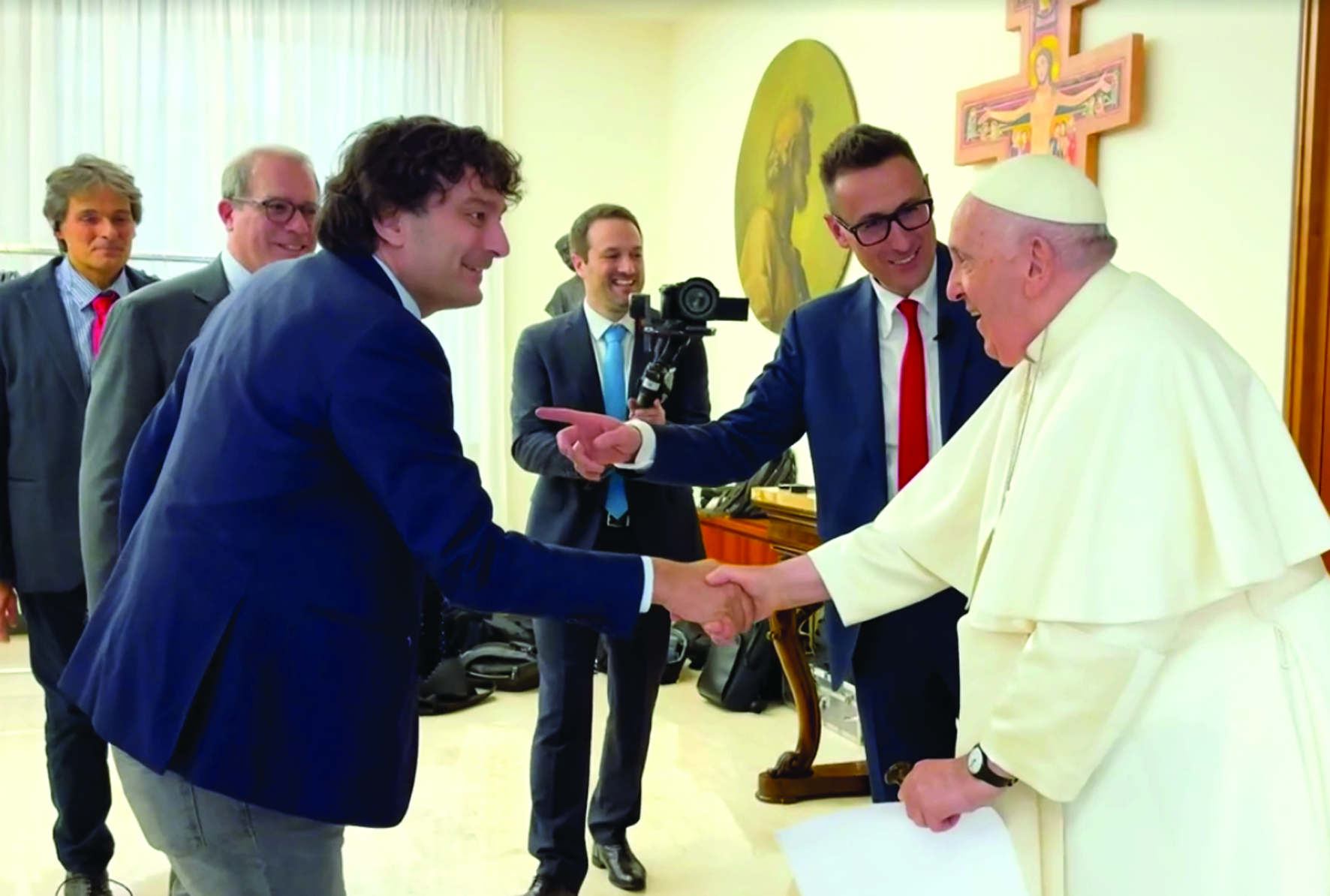
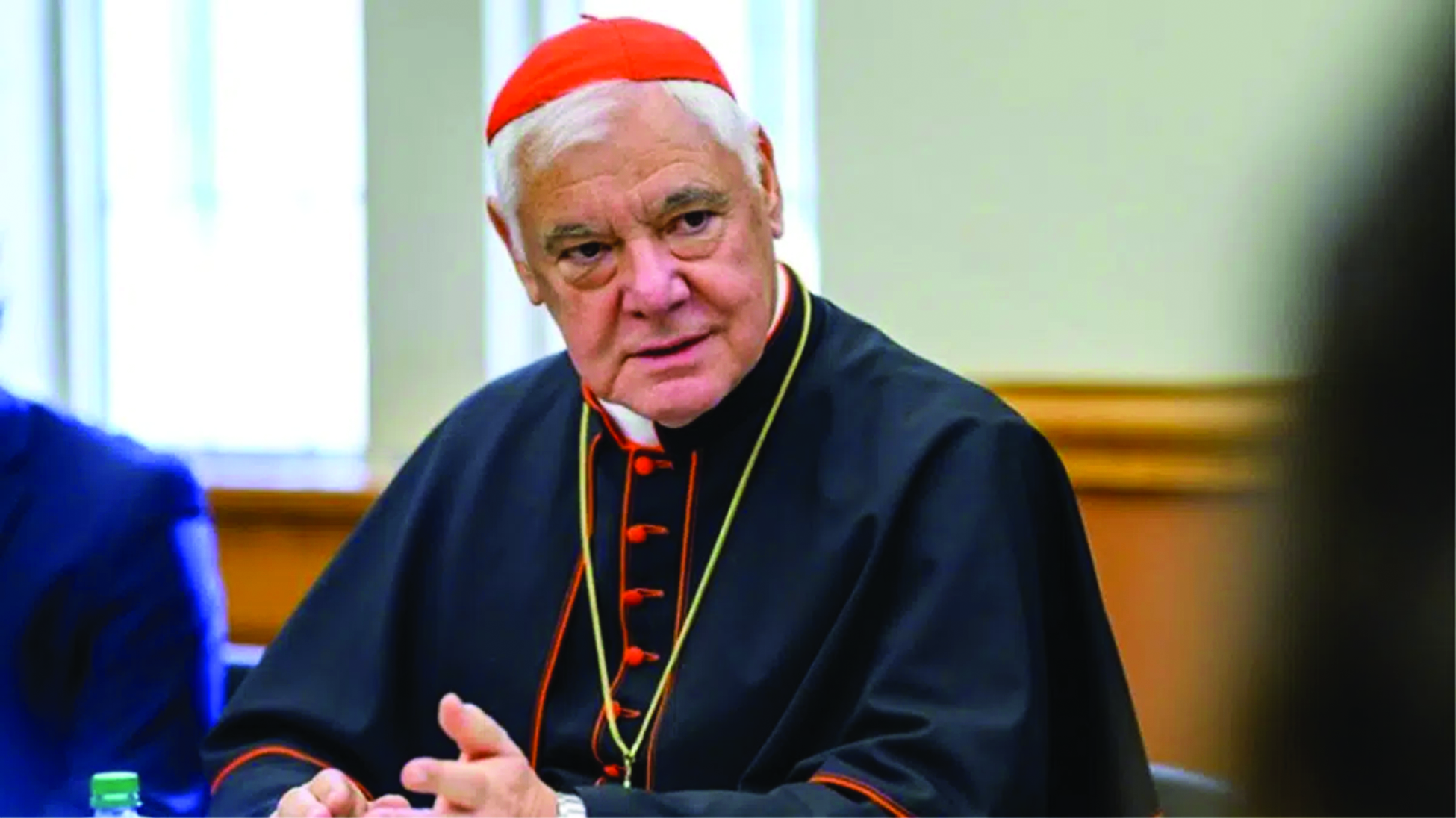
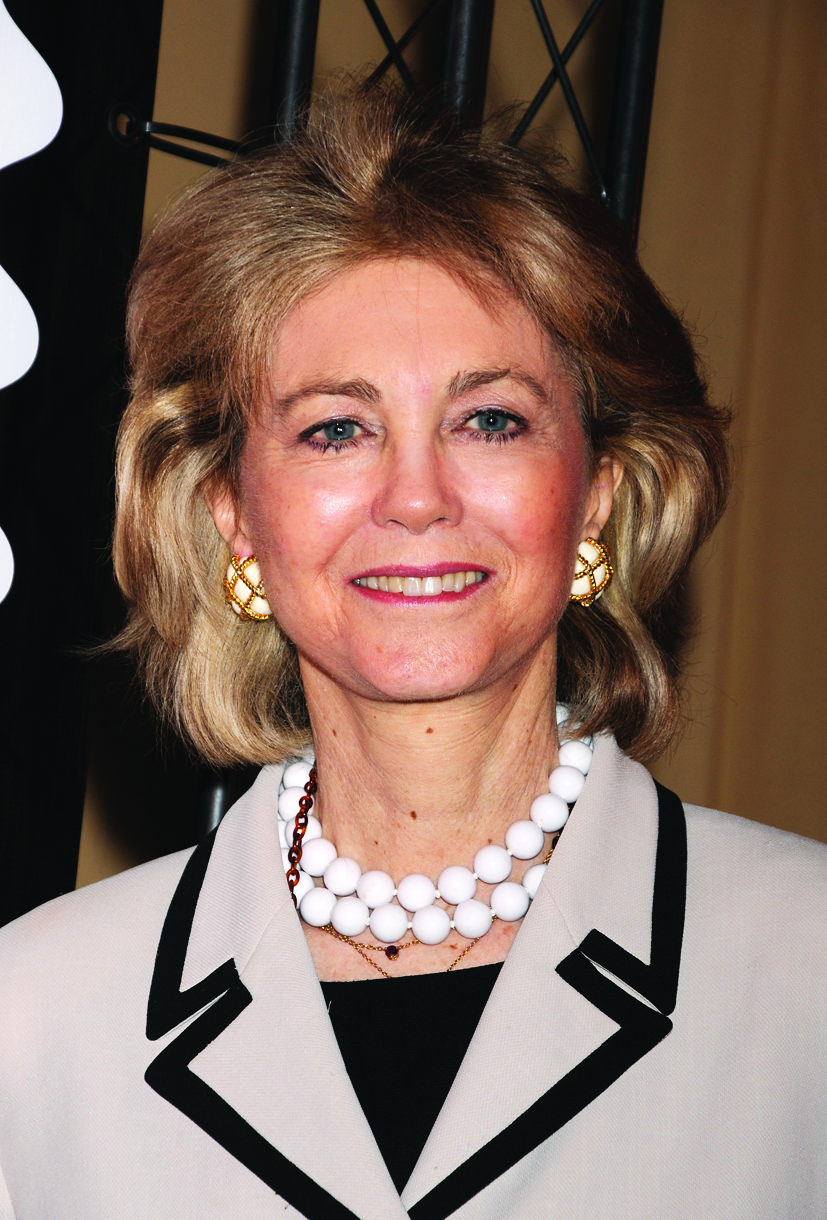
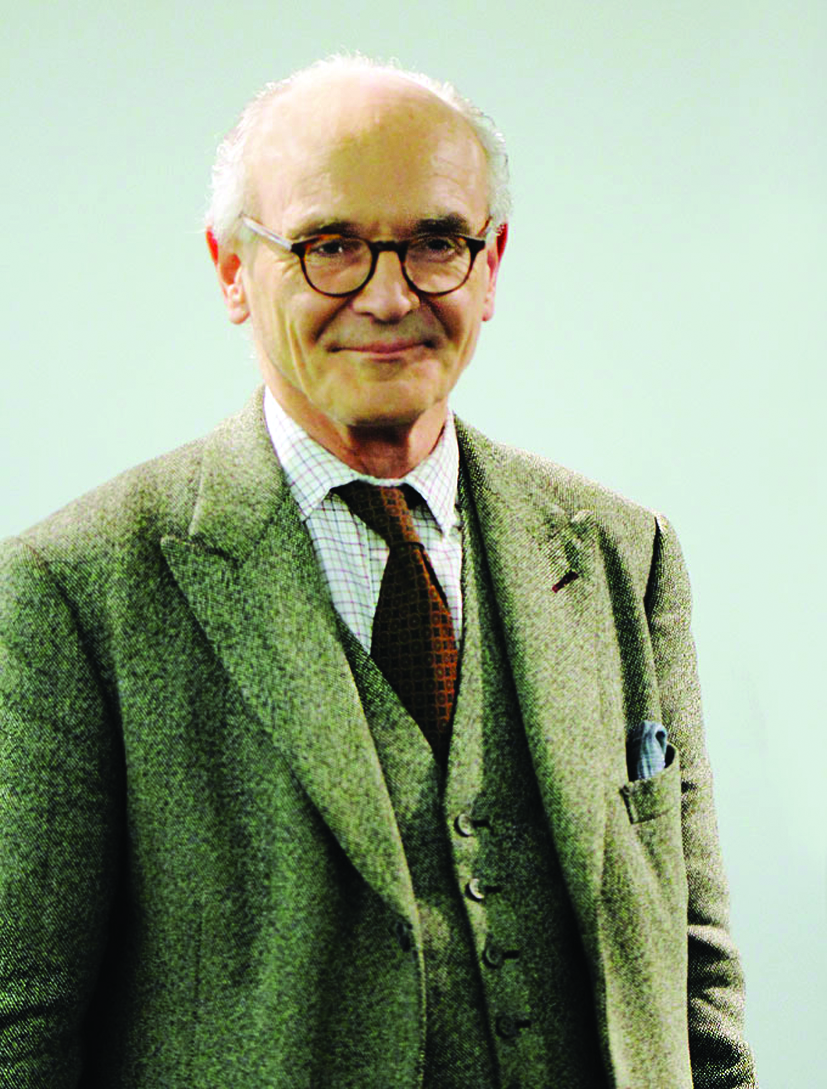
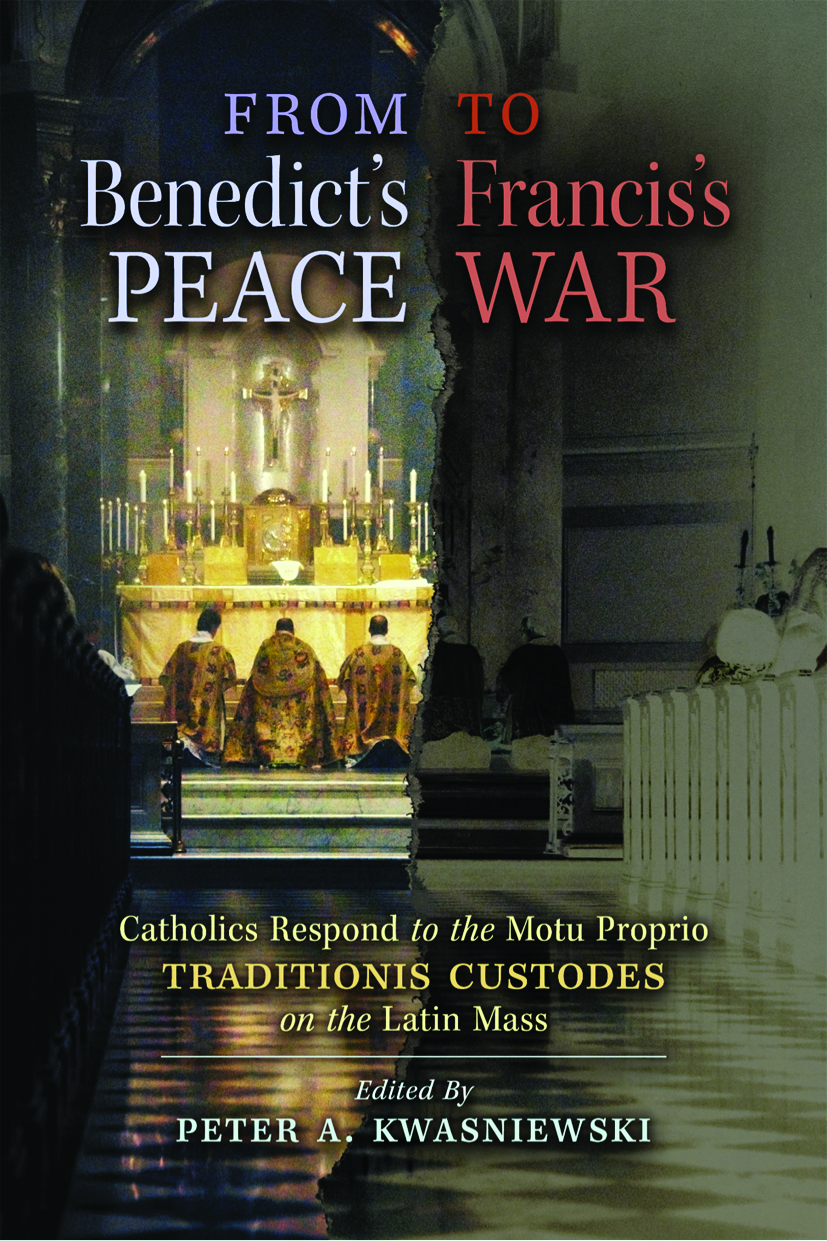
Facebook Comments